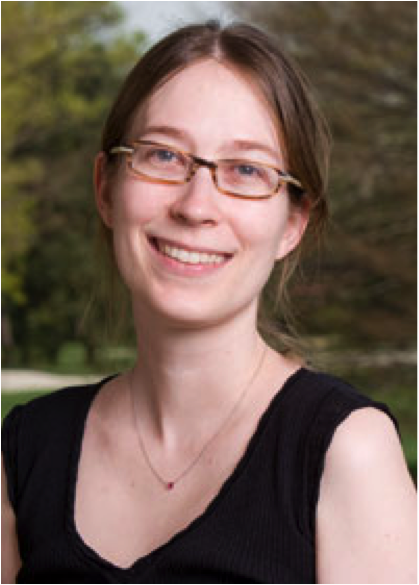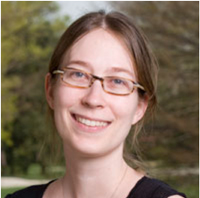 Tucson, AZ - Dr. Beth Willman has accepted the position of Deputy Director of the Large Synoptic Survey Telescope (LSST). She will perform this role as an Associate Astronomer at the Steward Observatory of the University of Arizona. Her appointment will become effective September 1, 2015.
Tucson, AZ - Dr. Beth Willman has accepted the position of Deputy Director of the Large Synoptic Survey Telescope (LSST). She will perform this role as an Associate Astronomer at the Steward Observatory of the University of Arizona. Her appointment will become effective September 1, 2015.
LSST is the top-ranked large-scale ground-based project for the next decade as recommended by the National Research Council’s Astronomy and Astrophysics decadal survey (Astro2010). By digitally imaging the sky for a decade, the LSST will address the most pressing questions in astronomy and physics, drive advances in big-data science and computing, and create opportunities for transformative STEM education. LSST received its federal construction start in 2014 as a joint project of the National Science Foundation and the Department of Energy, resulting in the onset of operations in late 2022.
Dr. Willman received her B.A. in astrophysics at Columbia University and a Ph.D. in astronomy at the University of Washington. She has been a James Arthur Fellow at the Center for Cosmology and Particle Physics at New York University, and a Clay Fellow at the Harvard-Smithsonian Center for Astrophysics. Since 2008 she has been a professor of Astronomy at Haverford College in Pennsylvania.
Dr. Willman has been active with LSST for seven years, as chair of the Stars, Milky Way and Local Volume Science Collaboration, as lead author of the Milky Way chapter of the LSST Science Book, as a member of the Publication Board, and as a member of the Science Advisory Committee. Her research has focused on using the Milky Way and its neighborhood to further our understanding of dark matter and galaxy formation.
“LSST excites me because of the transformative impact it will have on our understanding of cosmic structures from the Solar System to massive superclusters, and because of the democratizing impact it will have on astronomy and astronomy education,” said Dr. Willman. “I’m thrilled for this opportunity to have a guiding hand in the LSST construction Project to help realize this vision.”
LSST Director Dr. Steven Kahn said "We are extremely fortunate to have Beth Willman assume the LSST Deputy Directorship at this exciting time. Her leadership abilities and respect within the scientific community make her the ideal person to help guide the Project, and to represent it to its relevant stakeholders. I am certain she will excel in connecting with both the LSST Project Team and the external scientific community, so as, to ensure that the design and operation of the LSST is optimized scientifically."
More information about the LSST including current images, graphics, and animation can be found at http://www.lsst.org See also http://www.lsst.org/News/enews/willman-0910.html.
Financial support for LSST comes from the National Science Foundation(NSF), the Department of Energy(DOE), and private funding raised by the LSST Corporation. The NSF-funded LSST Project Office is managed by the Association of Universities for Research in Astronomy(AURA). The DOE-funded effort is managed by the SLAC National Accelerator Laboratory.



 Tucson, AZ - Dr. Beth Willman has accepted the position of Deputy Director of the Large Synoptic Survey Telescope (LSST). She will perform this role as an Associate Astronomer at the Steward Observatory of the University of Arizona. Her appointment will become effective September 1, 2015.
Tucson, AZ - Dr. Beth Willman has accepted the position of Deputy Director of the Large Synoptic Survey Telescope (LSST). She will perform this role as an Associate Astronomer at the Steward Observatory of the University of Arizona. Her appointment will become effective September 1, 2015.